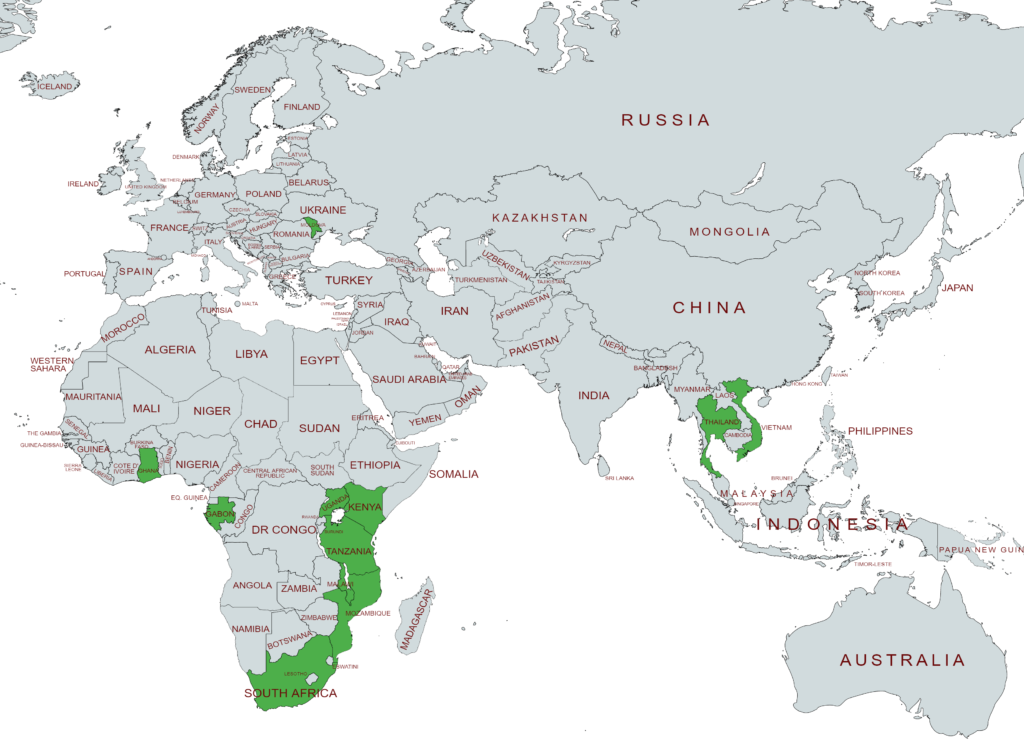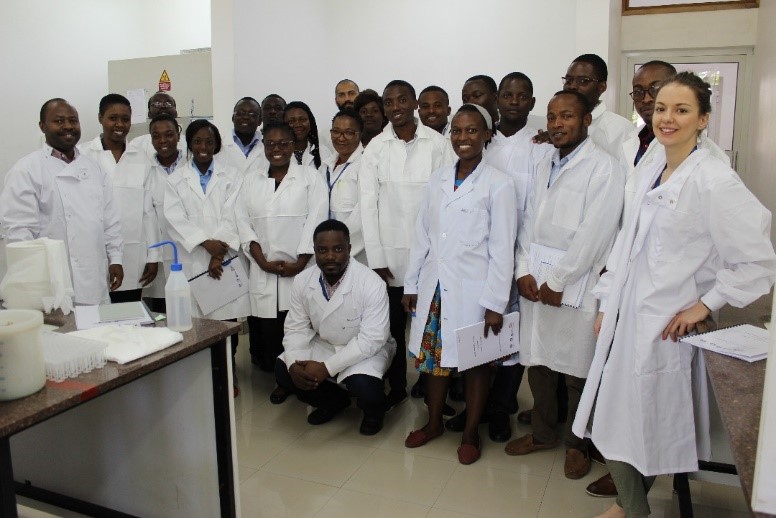
GCRF Funding Cycle
2018-19
Principal Investigator
Dr Wilber Sabiiti
Schools
Medicine
ODA countries
Malawi, Mozambique, Uganda, Tanzania, Gabon, South Africa, Kenya, Ghana, Moldova, Thailand, Vietnam
Sustainable Development Goals
Goal 3
Tuberculosis (TB) is a poverty related disease and over 90% of the deaths occurs in Low and Medium Income Low- and Medium-Income Countries. It is difficult disease to treat, taking 6 months for drug susceptible TB and over 12 months for Multi-Drug resistant TB. The need for effective treatment monitoring tools cannot be more emphasised. To this end we developed the TB-MBLA as an effective tool for monitoring response to anti-TB medicines. The test has recently been recognised by WHO (Global Tuberculosis Report, p155, World Health Organisation Geneva, 2018) to replace current methods, smear microscopy and culture for monitoring treatment response.
The project has achieved its objectives and set momentum for successful translation of TB-MBLA test into policy and practice. The first project aided and enabled development of the visual resources, logo and website for training in the application of TB-MBLA, and sustainable outputs that will increase the accessibility and utilization of the TB-MBLA test globally. The project provides solutions with the Sustainable Development Goal (SDG) Health and Well-being. The network of TB-MBLA users has expanded to 16 countries worldwide, with 25 researchers and practitioners trained from Africa, Asia and Europe. By 2022, we aim to reach all the high-TB-burden ODA countries with clinical researchers and routine practice centres learning about and/or applying the kit.
The public engagement events have been far reaching, leading to requests of the TB-MBLA kit by researchers and public healthcare laboratories in Singapore, USA and South Africa. The work has also contributed to three peer-reviewed publications. From this project, two external funding were applied for, EDCTP which was unsuccessful, and UKRI block funding for translation of innovations that is currently under review.

